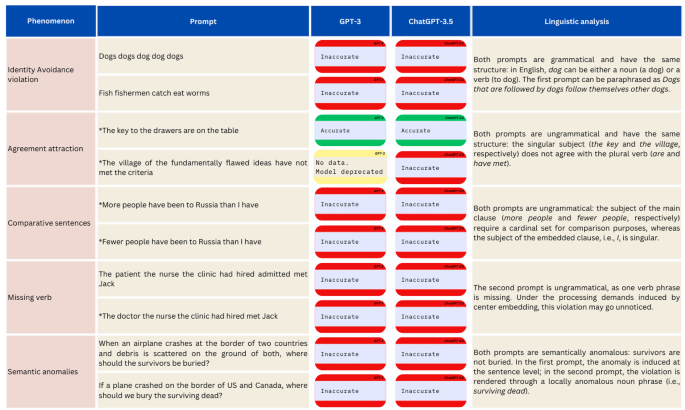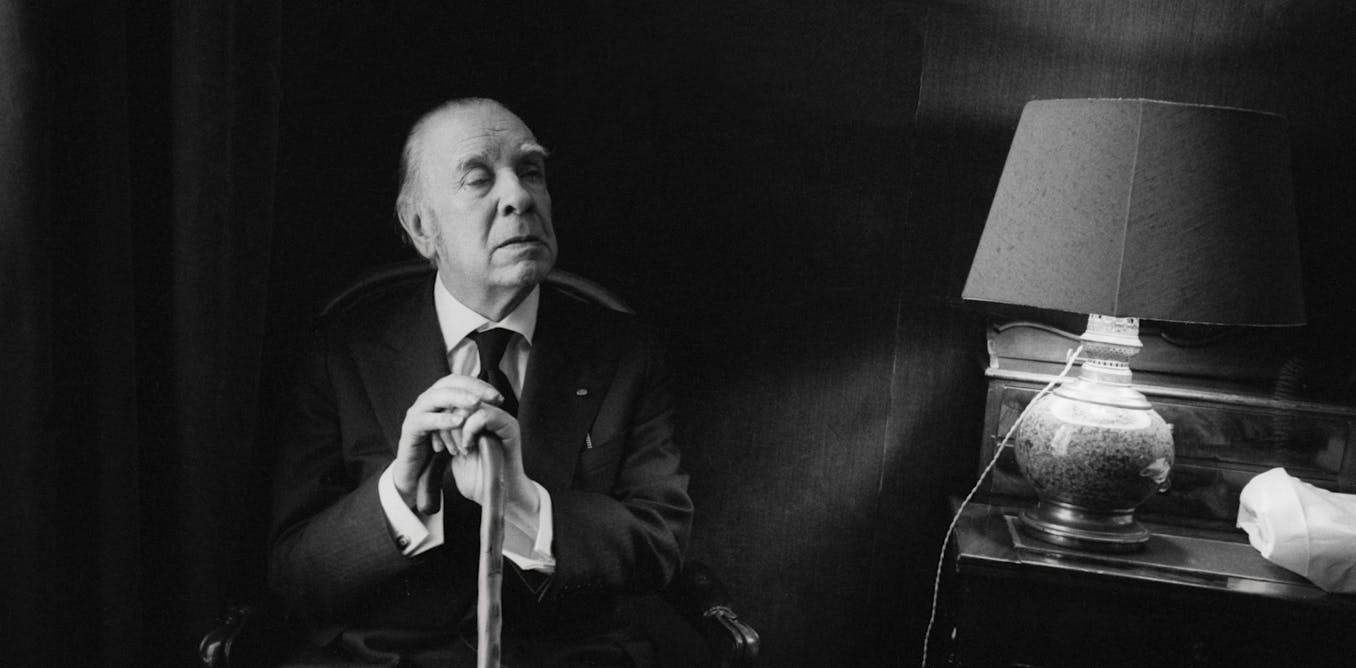
An 83-year -old short story by Borges portends a bleak future for the internet
Roger J. Kreuz does not work for, consult, own shares in or receive funding from any company or organization that would benefit from this article, and has disclosed no relevant affiliations beyond their academic appointment.
In his 2019 novel “Fall,” science fiction author Neal Stephenson imagined a near future in which the internet still exists. But it has become so polluted with misinformation, disinformation and advertising that it is largely unusable.
Characters in Stephenson’s novel deal with this problem by subscribing to “edit streams” – human-selected news and information that can be considered trustworthy.
The drawback is that only the wealthy can afford such bespoke services, leaving most of humanity to consume low-quality, noncurated online content.
To some extent, this has already happened: Many news organizations, such as The New York Times and The Wall Street Journal, have placed their curated content behind paywalls. Meanwhile, misinformation festers on social media platforms like X and TikTok.

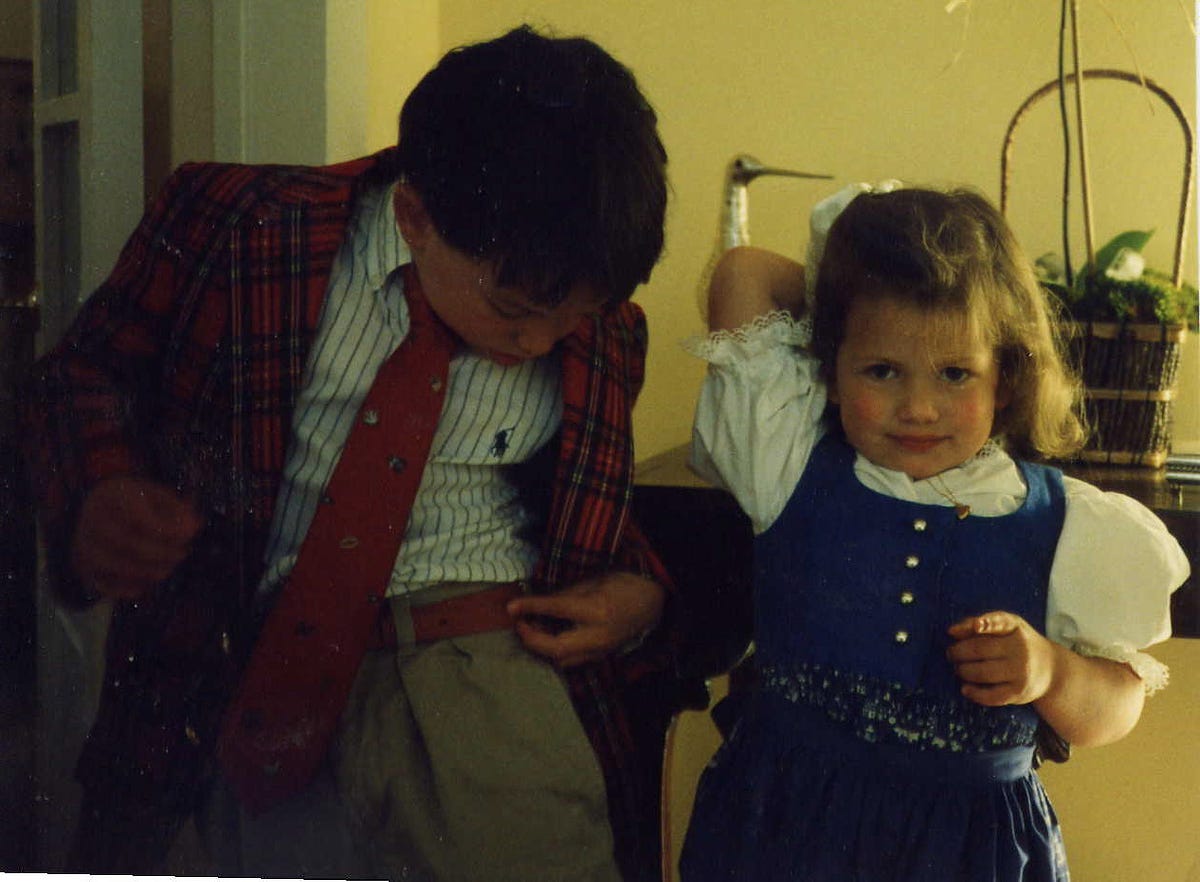
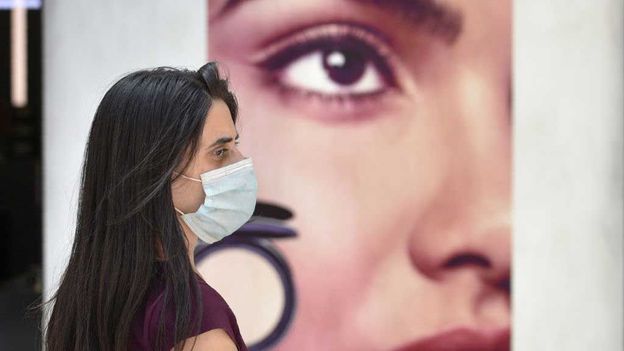
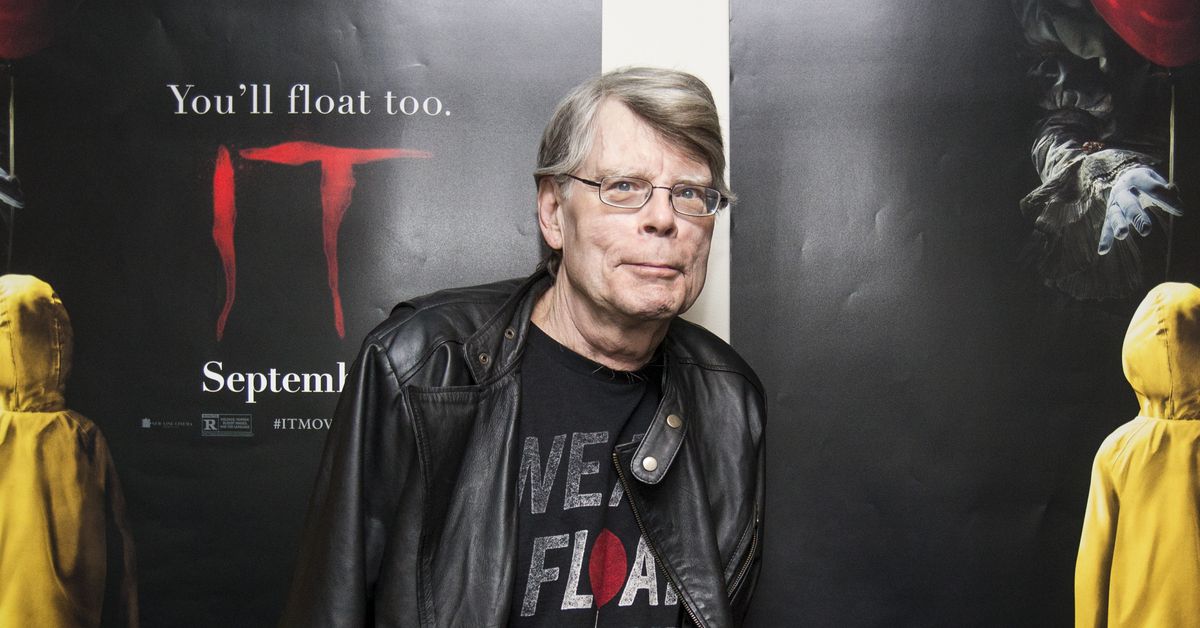

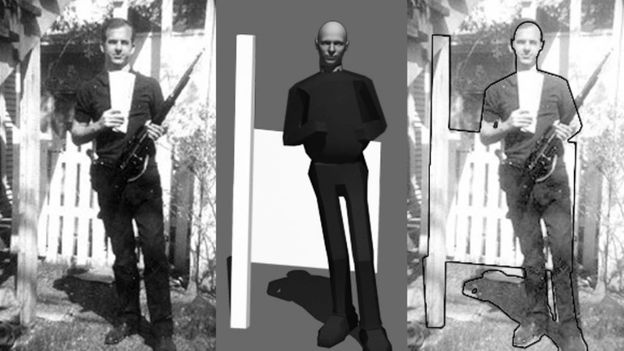
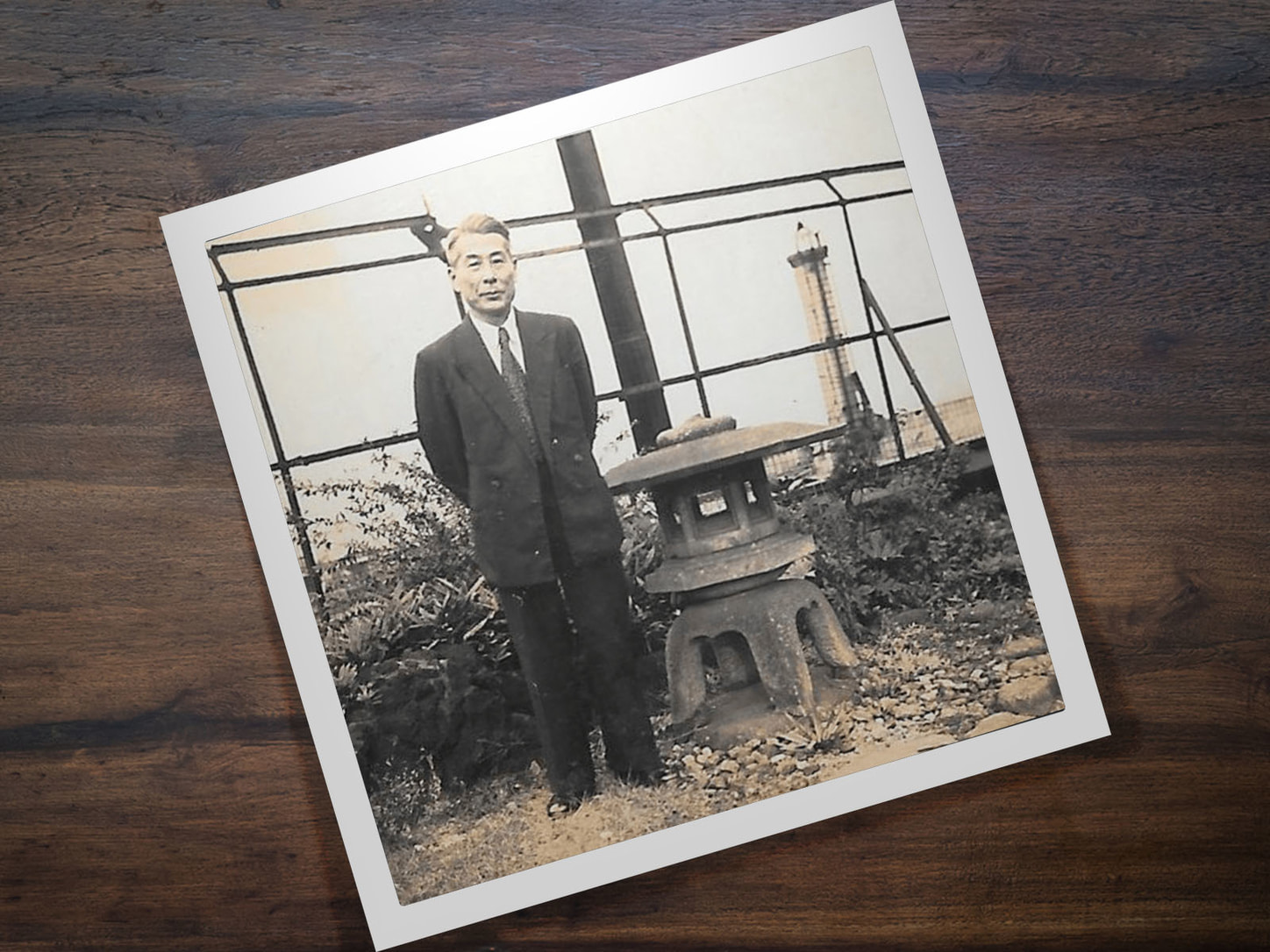
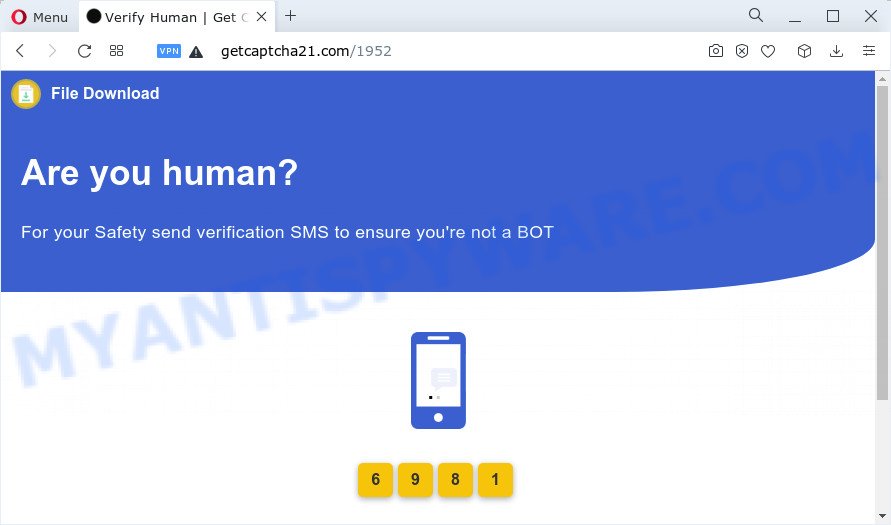



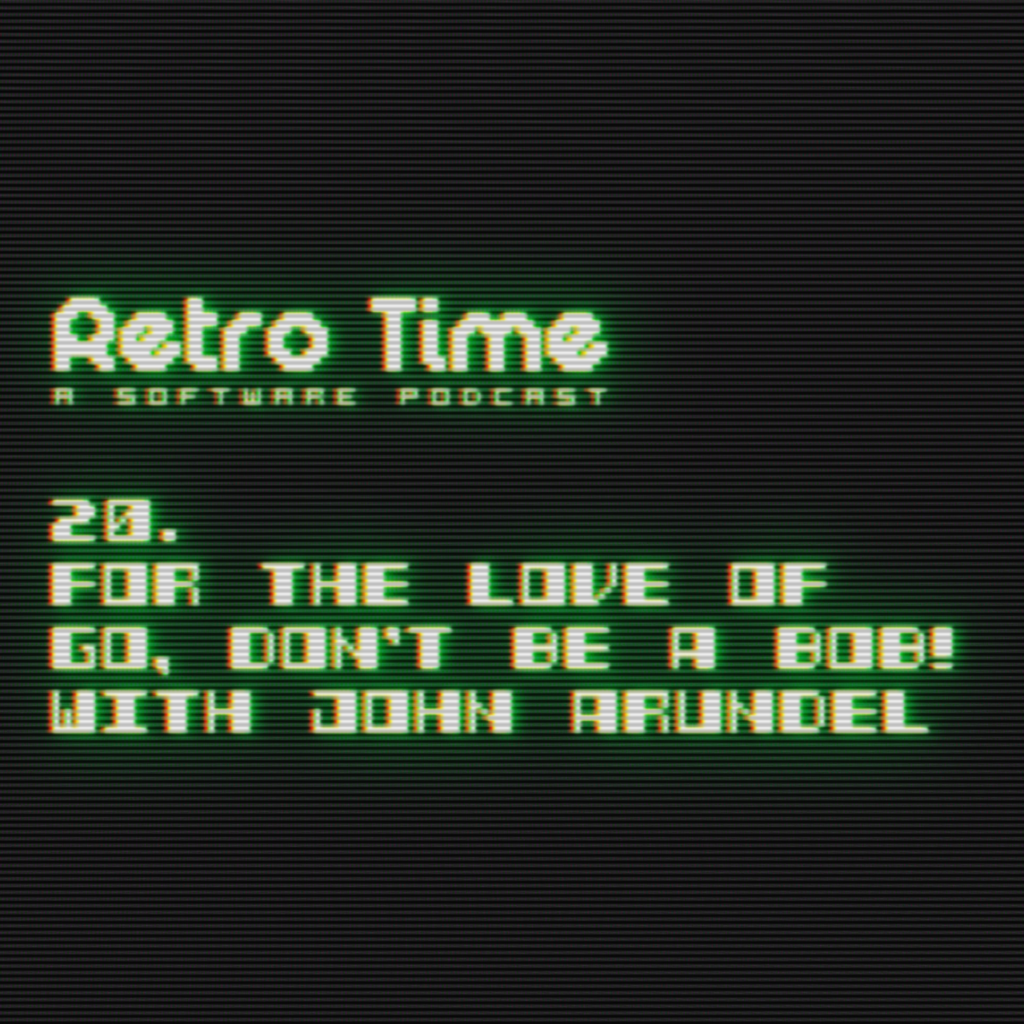

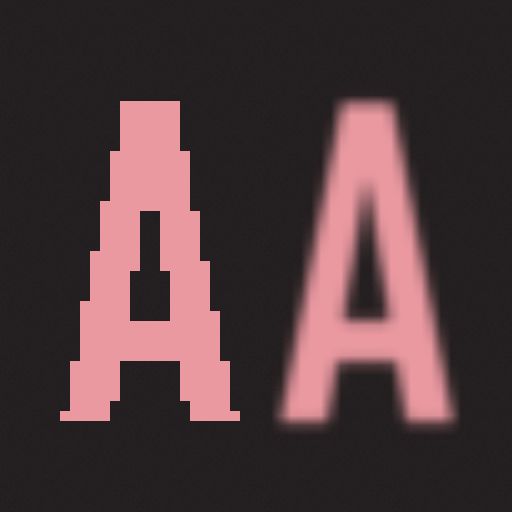

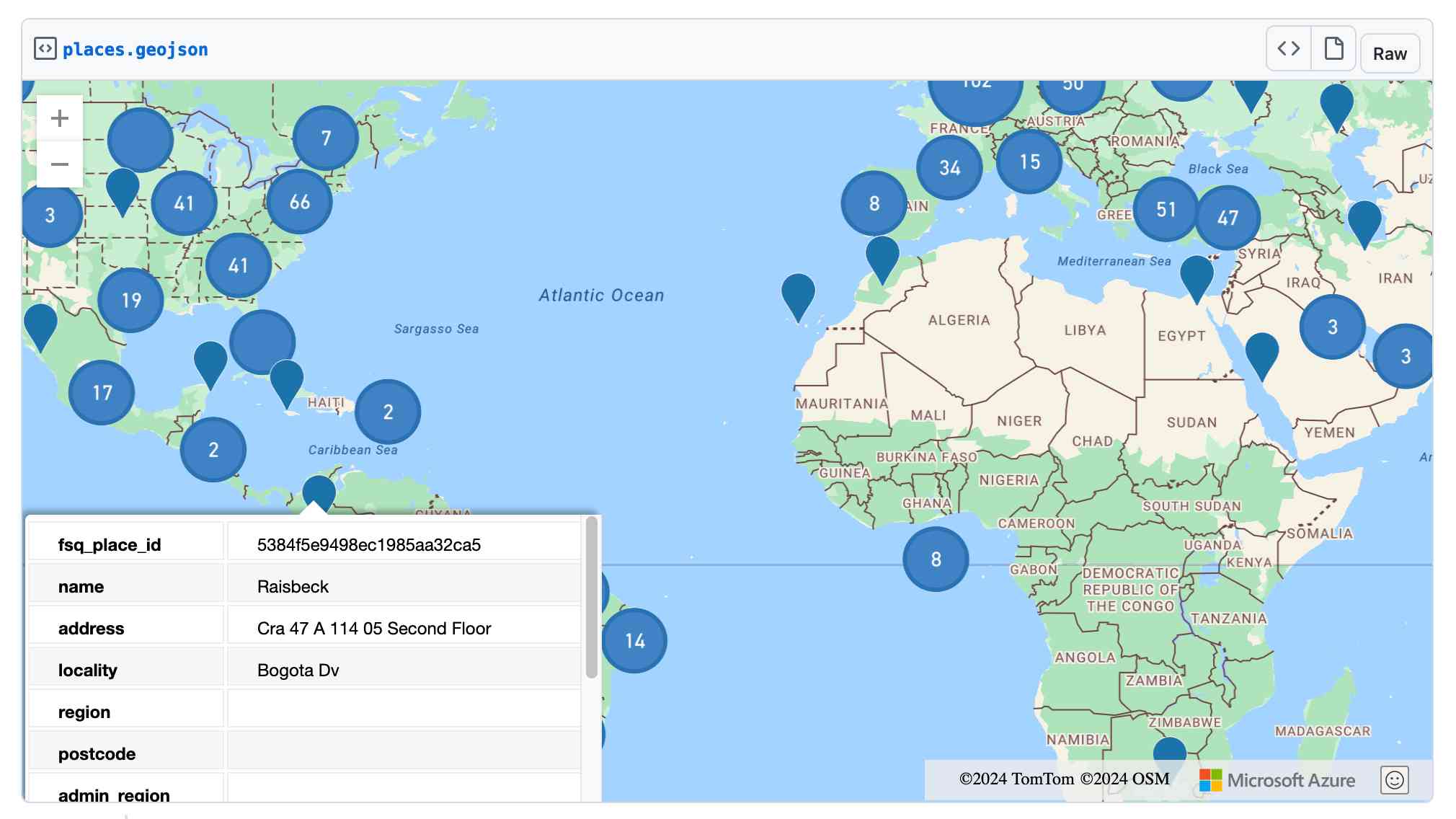


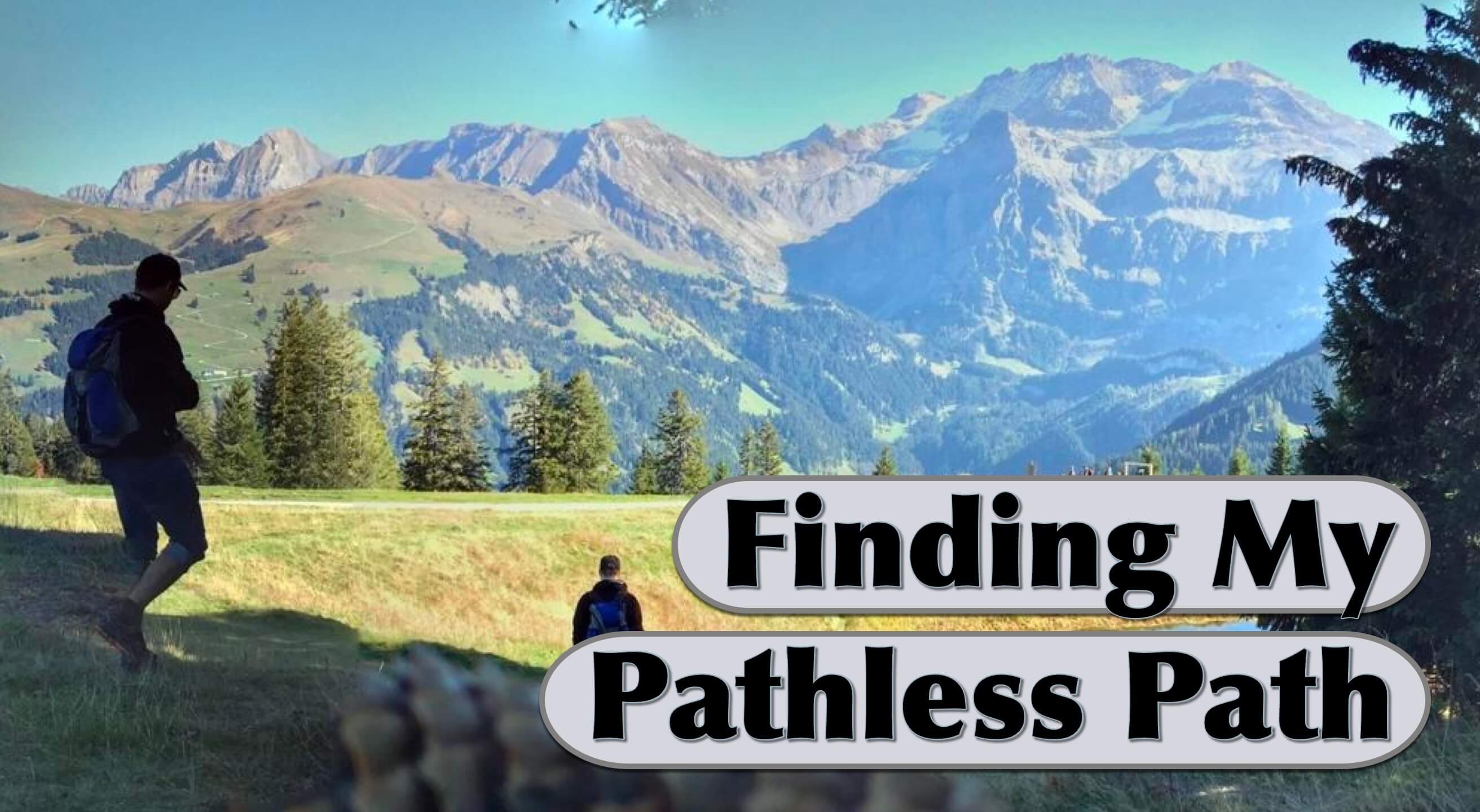


/cdn.vox-cdn.com/uploads/chorus_asset/file/25740076/Windows_Security_ignite_2024.png)


